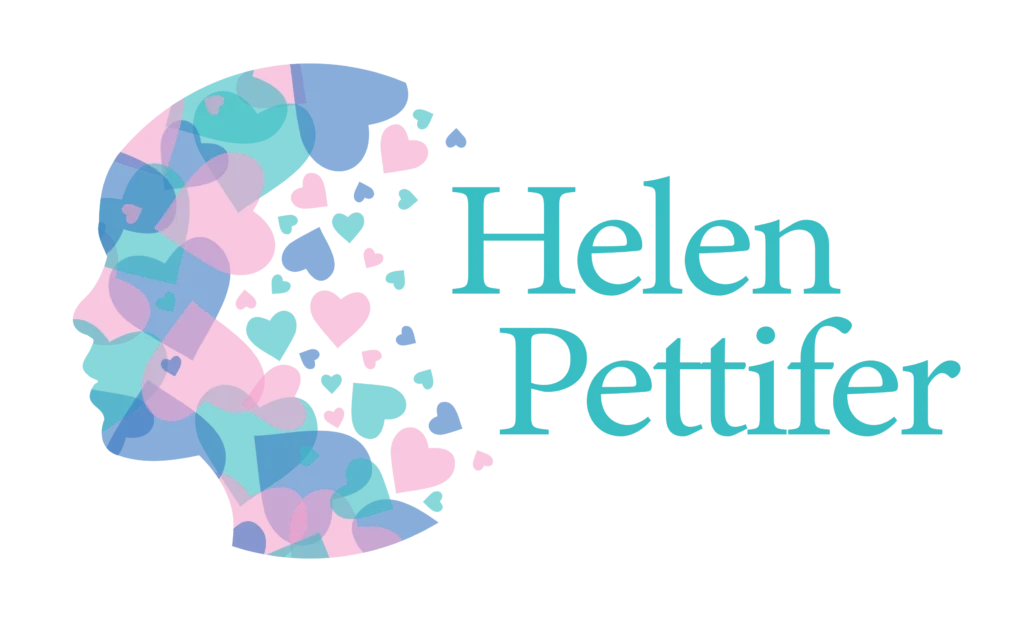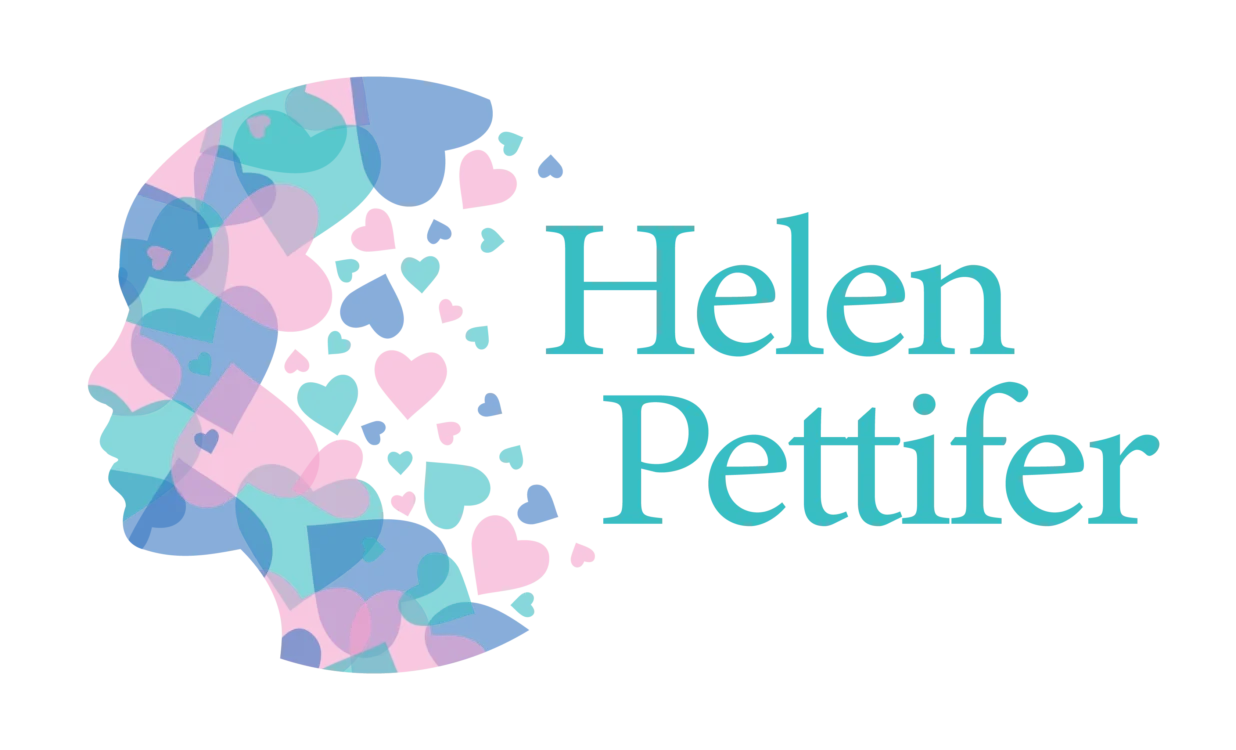Respectful Words
Words are essential to communication. They can unite and empower or divide and discriminate. The words we choose can make our message meaningful or meaningless. In this article, I explore appropriate words that build positive interactions with customers and colleagues. The key is to ensure your message is clear, inclusive and specific.
Communicating with Customers
In written and verbal communication, it is important to be aware of the words we use and our tone of voice. We want customers to receive the message how it was intended, and for there to be no room for misunderstanding.
We can achieve this by:
- Ditching the jargon
- Avoiding generalisations
- Sticking to the facts
- Being specific
- Remembering that accepted terminology changes
Ditch the Jargon
In your industry, there will be words, phrases and acronyms that are familiar to you but mean nothing to your customers. Using them in conversation is a quick way to confuse and this can lead to a breakdown in communication.
Using universally common words and plain English is not dumbing down the message. You are simply communicating in ways that ensure customers are informed and understand the information you are sharing.
Avoid Generalisations
If someone said ‘I know how to support people like you’ how would it make you feel? My first thought is ‘What do you mean by people like me?’ I instantly feel that I am not going to be treated as an individual.
Consider the difference between three sentences:
- We offer large print and Braille documents for the disabled
- Customers with visual impairments can request large print and Braille documents
- I noticed that you may be having difficulty reading that document. Would it be helpful if I read it to you or provided a copy in large print?
The first generalises and can be considered insulting; particularly as most people with a disability would gain no benefit from a large print and Braille document. The second is more specific and respectful. The third is personable and allows the customer to request the support they need.
It is important to avoid generalisations that group people in ways which create a sense of them and us and sound derogatory. Such examples include ‘the disabled’, ‘the elderly’ or ‘the BAME community’. Accepted alternatives to this include ‘customer with a disability’ ‘retired customers’ or ‘customers from Pakistan’.
The more we can tailor our words and services to the individual, the better.
Stick to the Facts
When referring to someone’s circumstance or condition, it isn’t unusual to hear phrases such as ‘Jay is confined to a wheelchair’ or Mara suffers from hearing loss, but this is deviating from the facts.
A wheelchair may have given Jay the freedom to work, participate in sports, travel, socialise with friends and more. He may feel in no way confined; he is a wheelchair user.
Mara might not be in pain or discomfort. She might employ a range of tools and techniques that draw on her other senses to give her a rich experience of the world. She has a hearing impairment.
When we use phrases such as ‘stricken with’, ‘affected by’ or ‘is ill with’, we are imparting a negative judgement. This may have no relation to how that individual perceives their circumstance or condition. Avoid judgement or sympathy by sticking to the facts.
We also need to stick to the facts when recording information on a customer’s record. Focus not on the condition, but, on the support they need to access your services.
Be Specific
Specific information is helpful and encouraging. Consider the difference in the following scenario and which is most likely to encourage your customers to take action.
‘If you’re struggling to pay this bill, there are organisations that can help you.’
or
‘I understand you are unable to pay the bill. I can offer a payment freeze this month and I recommend StepChange. They can help you put together an affordable payment plan and it’s free to call them. Can I give you their contact information?’
In both cases, there may be the intention to help, yet the information is vague. The second is proactive and guides the customer towards action. Here is another example:
‘You can download our application for a new account on our website’
or
‘We ask all new customers to complete an application form. If I can take your email address, I’ll send it over to you. Then, you’ll have my email, in case you have any questions’
Remember that Terminology Changes
If someone pulls you up for using inappropriate terminology, apologise and use it as a learning experience. This is a good opportunity to ask how best to phrase your point. The words you used may have been acceptable in the past, but terminology changes. We have a responsibility to keep pace and to communicate in ways which convey respect.
If in doubt, ask the individual what language and terminology they feel is appropriate, respectful and they are comfortable with.
About the author.

Helen Pettifer FRSA.
Helen Pettifer is Director of Helen Pettifer Training Ltd and a specialist in the fair treatment of vulnerable customers.
She has a background in call centre management and is committed to customer service excellence. Her training ensures front-line staff gain the awareness and resources to confidently identify and respond to signs of vulnerability.
Helen Pettifer is a British Standards Institution (BSI) associate consultant for BS 22458: 2022 Consumer Vulnerability, a Mental Health First Aider, a Suicide First Aider, a Dementia Friend, and a Friends Against Scams Champion. Recognised as a changemaker, she was invited to become a Fellow of the Royal Society of Arts in 2022.


